Antipopes of the Antichurch
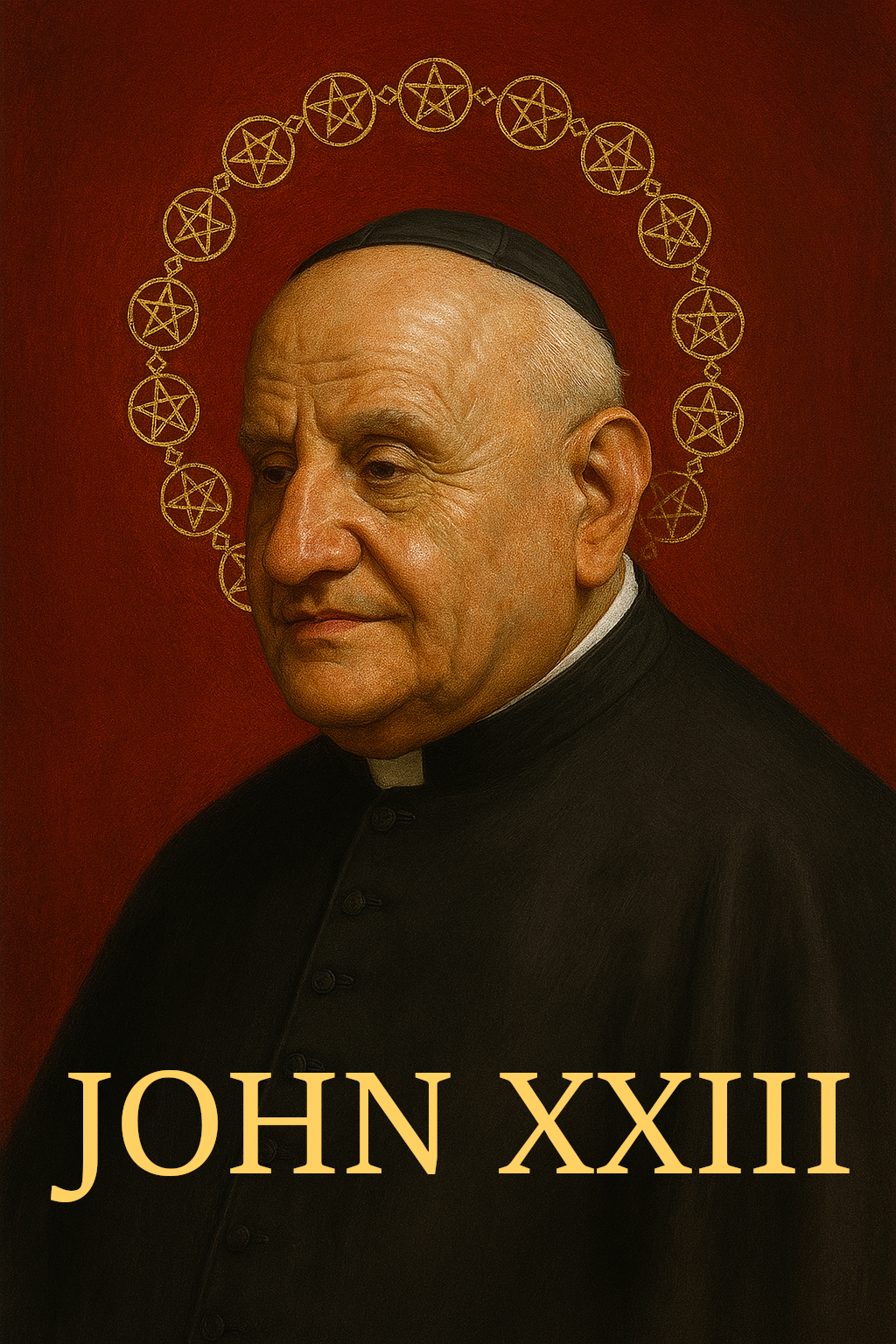
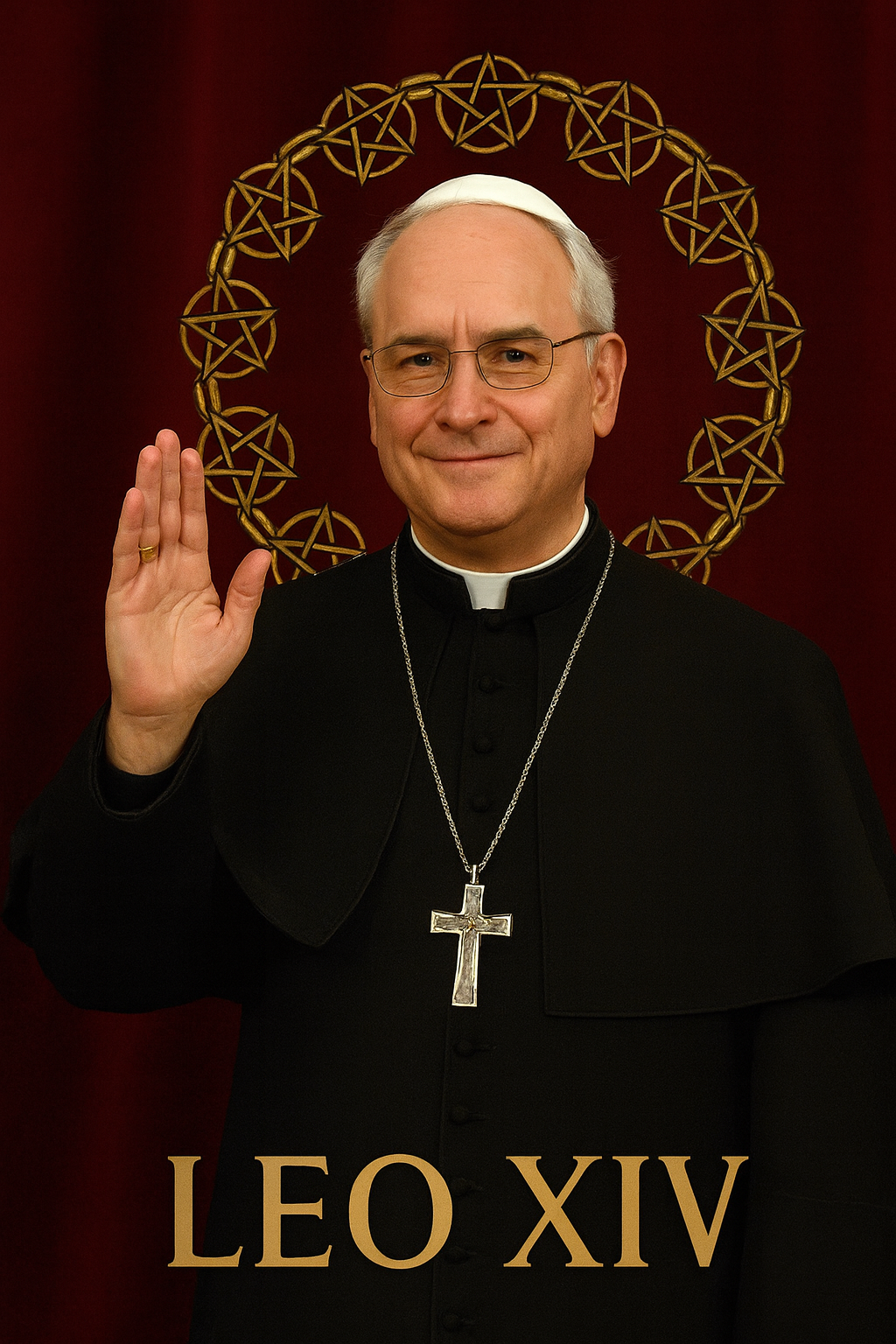


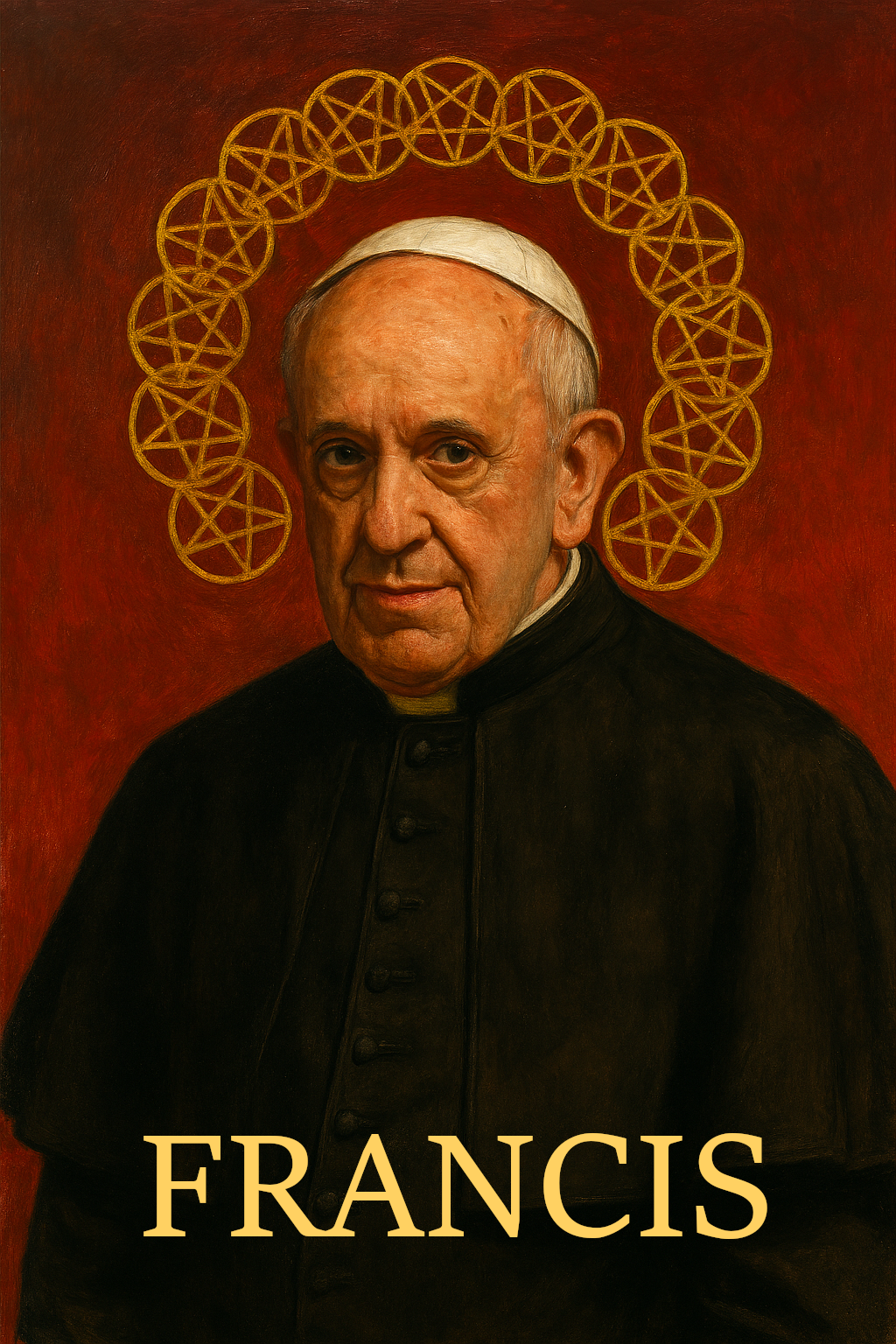


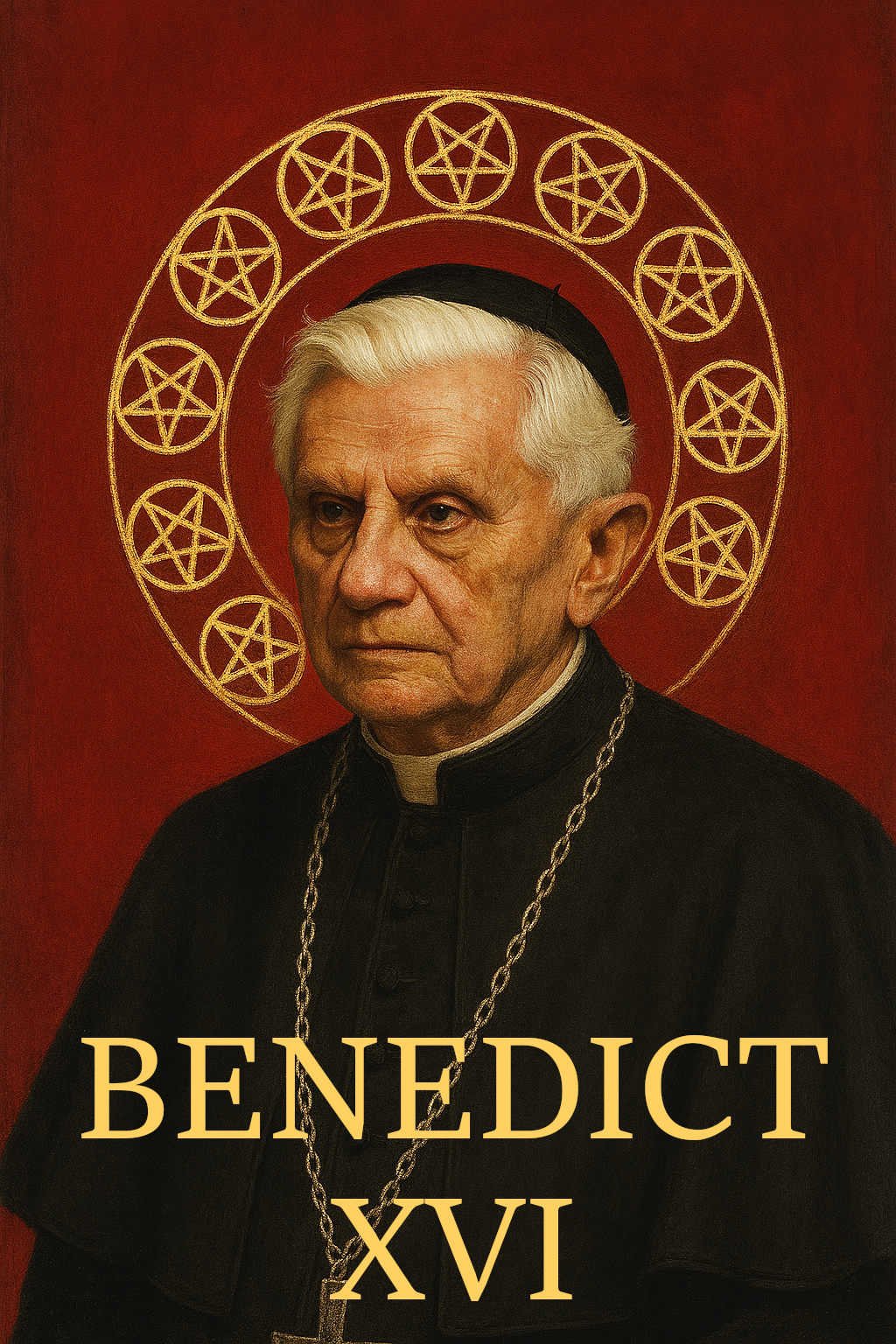


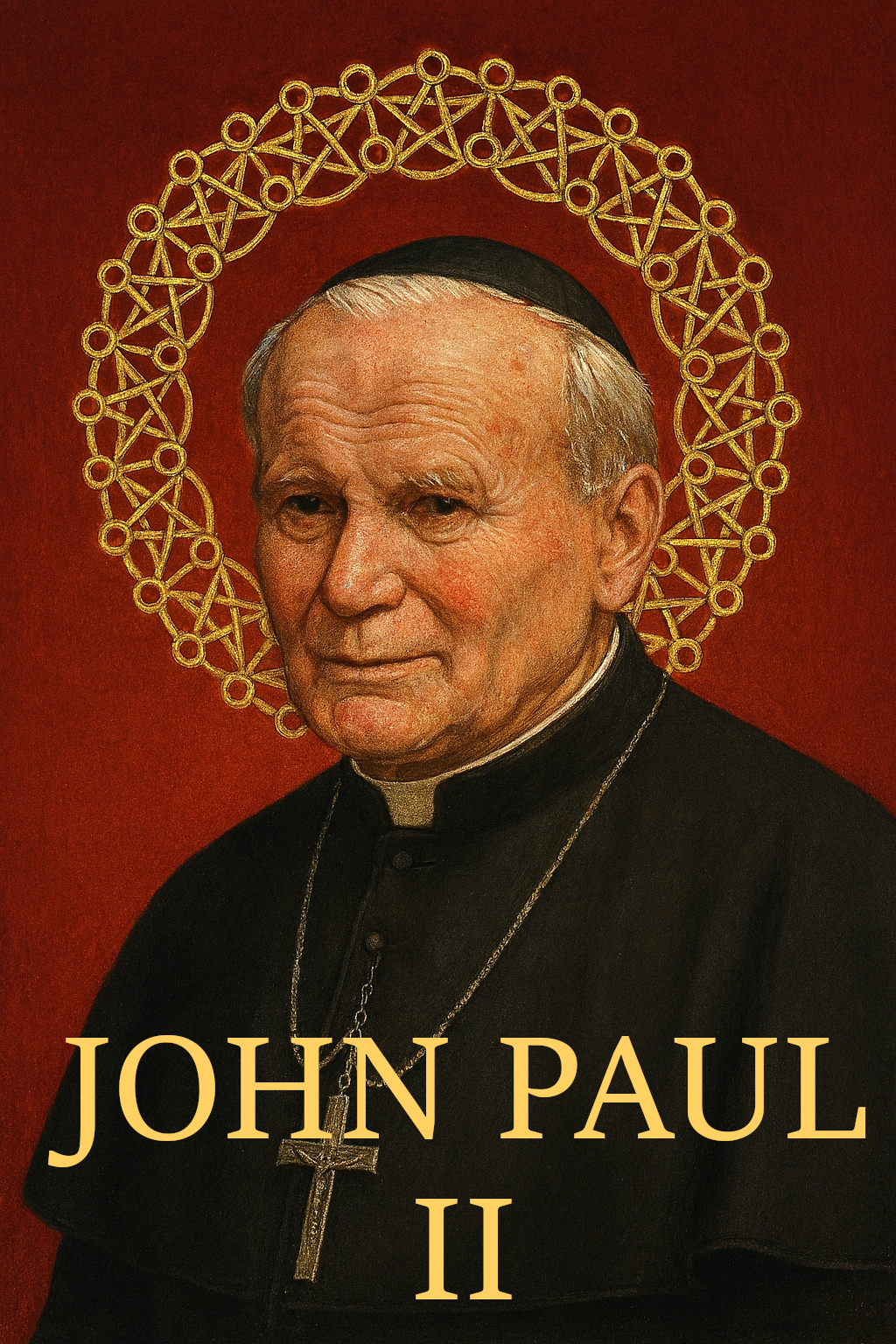


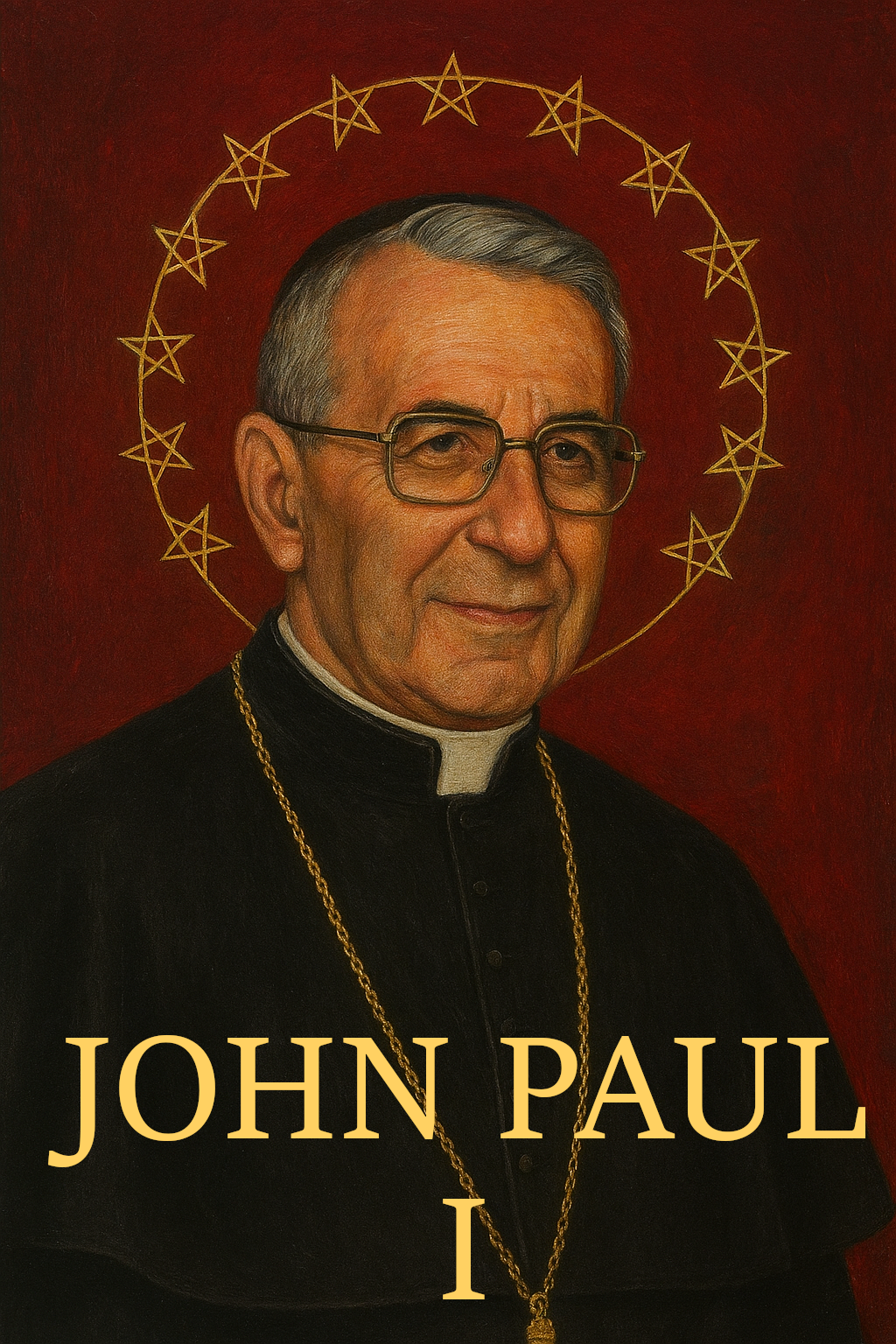


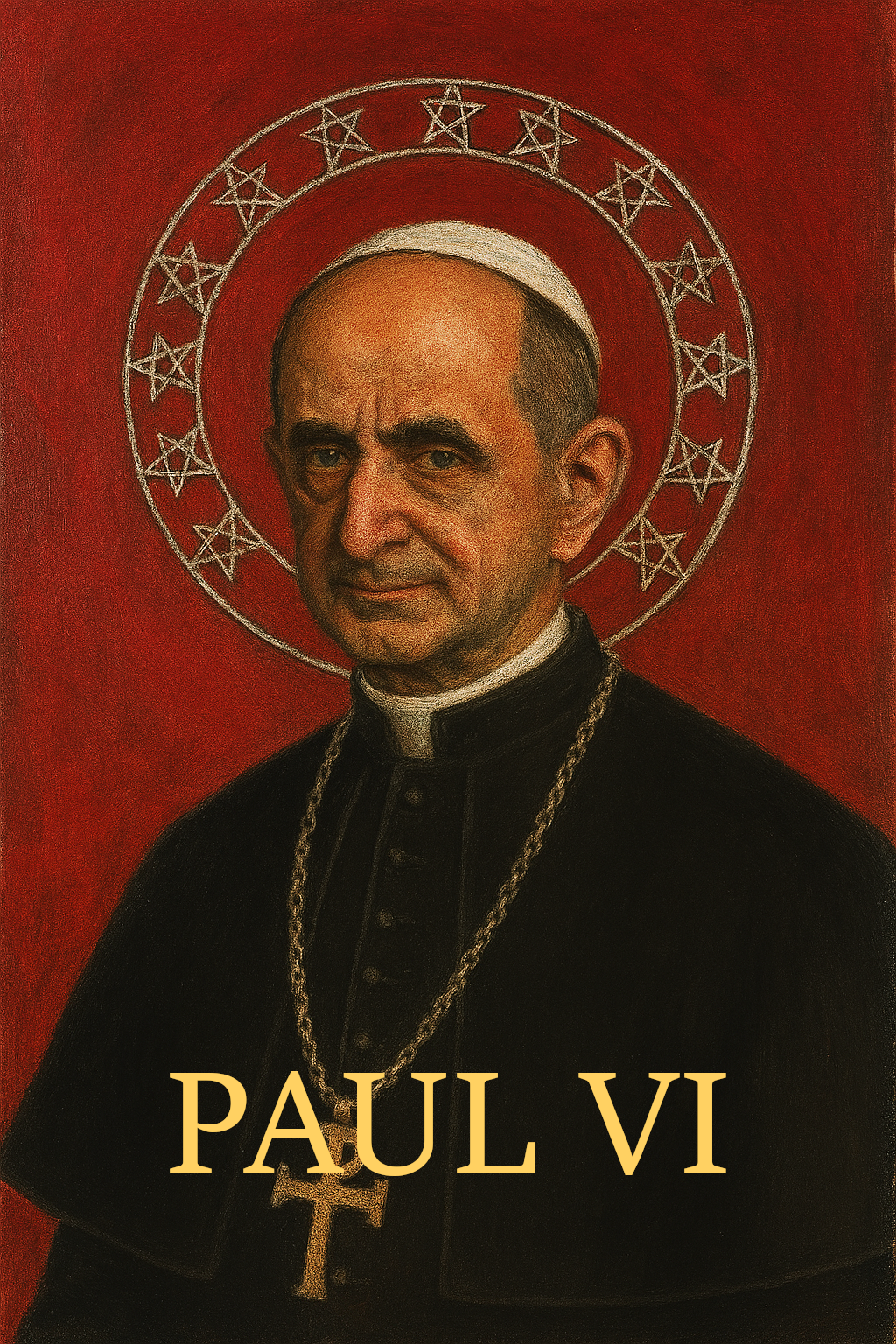


Timeline of this heretical pontiff
Encyclical Letters
+ 15 posts1959
+ 7 posts1961
+ 4 posts1962
+ 2 posts1963
+ 2 postsApostolic Exhortations
+ 3 postsApostolic Constitutions
+ 93 posts1958
+ 6 posts1959
+ 87 postsMotu Proprio
+ 15 posts1958
+ 1 posts1959
+ 1 posts1962
+ 11 postsApostolic Letters
+ 151 posts1958
+ 4 posts1959
+ 63 posts1960
+ 78 posts1961
+ 1 posts1962
+ 4 posts1963
+ 1 postsSpeeches
+ 99 posts1958
+ 2 posts1959
+ 26 posts1960
+ 29 posts1961
+ 16 posts1962
+ 24 postsMessages
+ 6 posts1959
+ 4 postsHomilies
+ 4 postsLetters
+ 152 posts1958
+ 1 posts1959
+ 48 posts1960
+ 32 posts1961
+ 31 posts1962
+ 30 posts1963
+ 10 postsNot categorized
+ 1 posts1958
+ 1 postsNews feed
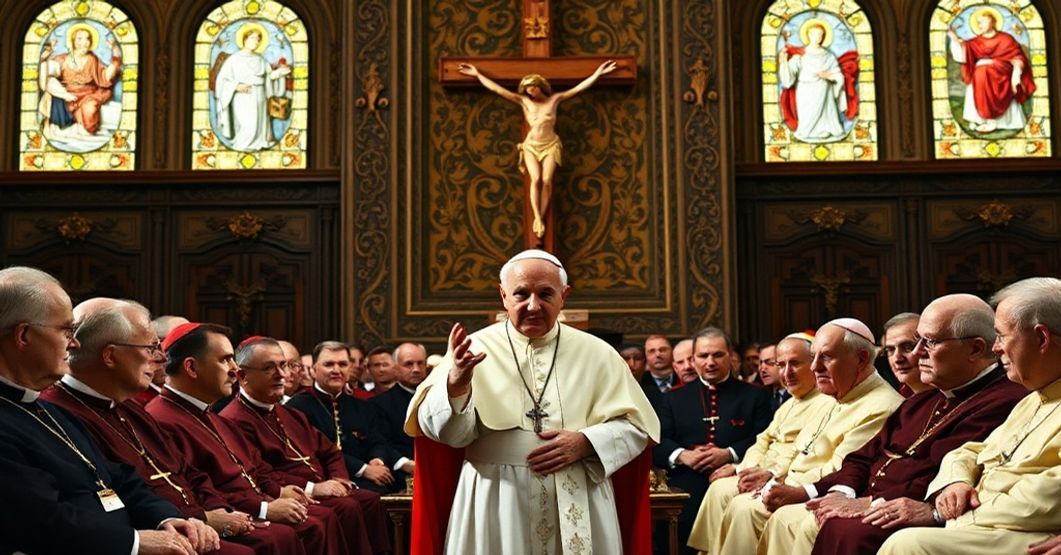

Allocutio Ioannis XXIII (1961.06.12)
Pope John XXIII’s allocution of June 12, 1961, addresses the newly formed Central Commission preparing the so‑called Second Vatican Council. He recalls his 1959 announcement of a council and code revision, rejoices in global expectations (including from those outside the Church), praises preparatory work and commissions, invokes past councils as precedent, and attempts to set a serene, optimistic, and “pastoral” tone. Beneath this exuberant surface stands the programmatic displacement of the immutable Catholic order by an anthropocentric, conciliatory, and politically attuned neo-structure, whose seeds of doctrinal subversion are already visible and which this speech spiritually legitimizes.
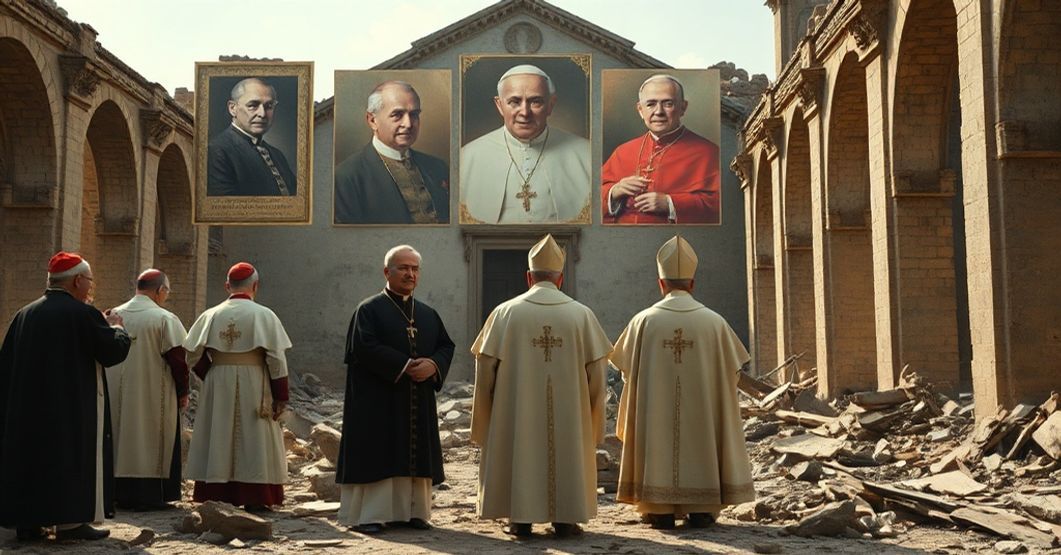

TANANARIVENSIS (1958.12.11)
The Latin text under the name of John XXIII, titled TANANARIVENSIS, announces the erection of two new ecclesiastical provinces in Madagascar (“De Diego Suarez” and “Fianarantsoaënsis”) by partitioning the former province of Tananarive, and raises the apostolic prefecture of Tsiroanomandidy to a diocese; it enumerates suffragan sees, grants metropolitan prerogatives, regulates external insignia, assigns material resources, and delegates implementation to Marcel Lefebvre as Apostolic Delegate.
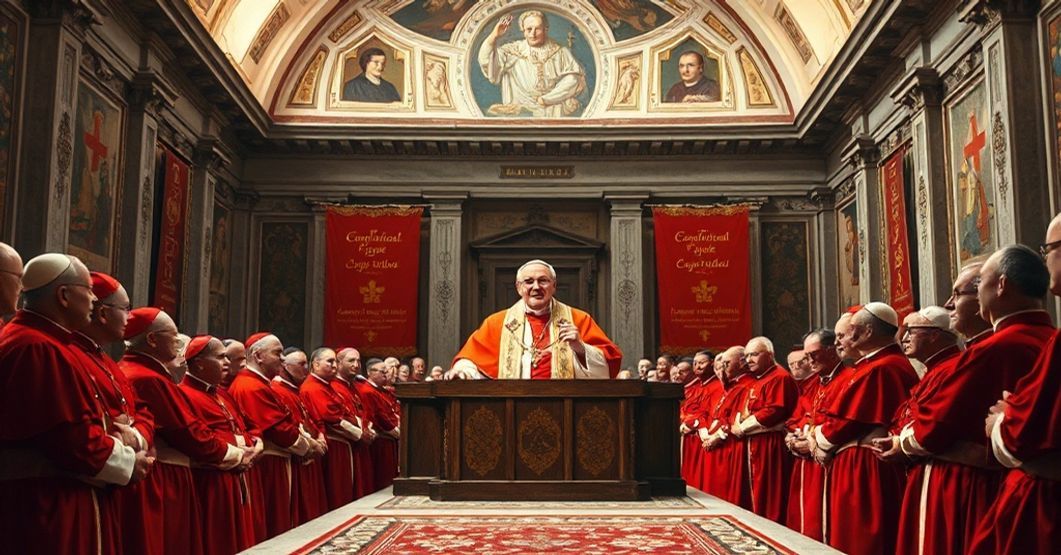

Consistorium secretum (1961.01.16)
In this secret consistory of 16 January 1961, John XXIII addresses the assembled cardinals at the opening of the new year, laments persecutions and moral dangers in the world, expresses hope for peace and human concord, presents the coming ecumenical council as the privileged instrument for renewal and unity, praises the Curia, commemorates deceased cardinals, and concludes by creating four new cardinals from various nations as a sign of the universal character of the Church. In one word: the text ideologically discloses the emerging religion of the conciliar revolution – a humanitarian optimism which veils, rather than denounces, the apostasy that John XXIII himself was engineering.
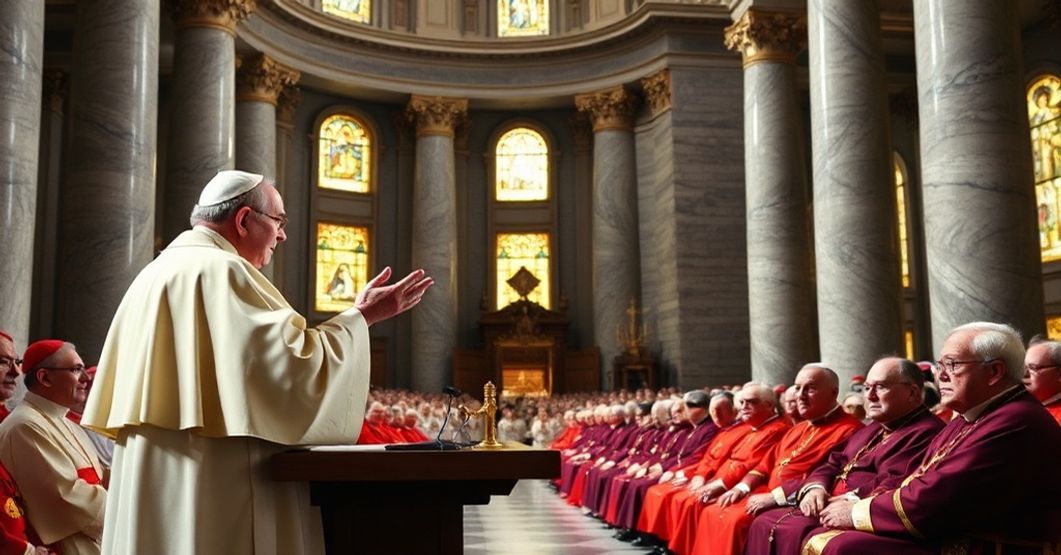

Allocutio Ioannis XXIII ad Commissiones praeparatorias (1960.11.14)
In this address of 14 November 1960 in St Peter’s Basilica, John XXIII opens the work of the preparatory commissions for what would become Vatican II. He invokes previous ecumenical councils as inspirations, praises the universal enthusiasm provoked by the announcement of the council, and proposes the central aim not as condemning errors or defining dogma, but as “updating” and presenting the faith with new clarity for the modern world. He insists that the Church must read the “signs of the times,” avoid pessimism about contemporary humanity, and radiate confidence, unity, and openness, including a disposition toward separated communities who allegedly “desire a return” to apostolic foundations. The address frames the coming council as a universally hopeful, pastoral endeavour marked by optimism about history and “dialogue,” more concerned with renewing methods and discipline than with dogmatic confrontation.
Varia
Announcement:
– News feed –implemented
– Antipopes separate web sites with their all documents refutation – in progress
